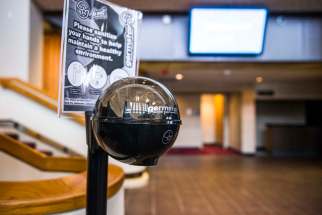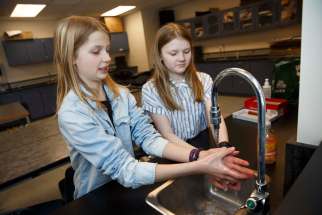When real-world drama, dystopian fiction intersect The novel coronavirus bears many risks, but it is not the end of the world
Read this article for free:
or
Already have an account? Log in here »
To continue reading, please subscribe:
Monthly Digital Subscription
$0 for the first 4 weeks*
- Enjoy unlimited reading on winnipegfreepress.com
- Read the E-Edition, our digital replica newspaper
- Access News Break, our award-winning app
- Play interactive puzzles
*No charge for 4 weeks then price increases to the regular rate of $19.00 plus GST every four weeks. Offer available to new and qualified returning subscribers only. Cancel any time.
Monthly Digital Subscription
$4.75/week*
- Enjoy unlimited reading on winnipegfreepress.com
- Read the E-Edition, our digital replica newspaper
- Access News Break, our award-winning app
- Play interactive puzzles
*Billed as $19 plus GST every four weeks. Cancel any time.
To continue reading, please subscribe:
Add Free Press access to your Brandon Sun subscription for only an additional
$1 for the first 4 weeks*
*Your next subscription payment will increase by $1.00 and you will be charged $16.99 plus GST for four weeks. After four weeks, your payment will increase to $23.99 plus GST every four weeks.
Read unlimited articles for free today:
or
Already have an account? Log in here »
Hey there, time traveller!
This article was published 12/03/2020 (2108 days ago), so information in it may no longer be current.
Ever since I was a girl, I craved the end of days, if only in fiction. I read near every dystopian novel I could get my hands on, every feverish post-apocalyptic vision. They were all the same story, but seen through lenses tilted at slightly different angles; the same broad brush strokes, laid by different bristles.
They always started with fear, with a dread that clung to its characters like a stain that couldn’t be scrubbed. Then the narrative would delve into the shattered world it had created, studying the strange fracturing of the life we’d known.
It was here the stories tended to split off from each other, according to the general disposition of the author: maybe, as society shut down, humanity collapsed into a seething wreck of violence and desperation. Or maybe they held on together, built new foundations, and met the epilogue with faces turned to the sun.
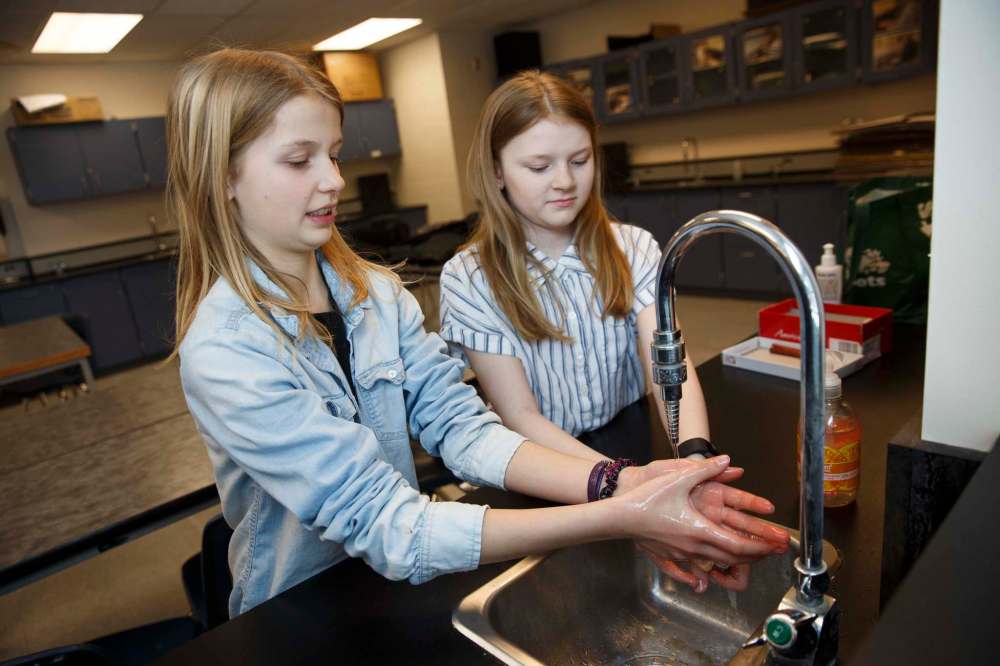
That was what transfixed me most, those answers to unimaginable questions; exploring those was the genre’s true lesson. The end of the world isn’t science fiction: it has come many times, to many peoples and civilizations. Yet we’re still here, still clinging to the illusion of permanence of what we’ve created.
The good news is that what we are facing in COVID-19 is not the end of the world. Not even close. This will not be the big one experts sometimes gloomily predict.
The novel coronavirus bears many risks, but it is not a destroyer. In the broadest possible view, we — in the big sense, as a group — are going to get through this OK. Things suspended now will be renewed; lives paused will resume.
But the coming weeks are still going to hurt, and they’re going to be scary, for one reason among many that all of a sudden, nothing feels right and nothing looks normal. In a matter of hours, all the little things that gave shape and solidity to our lives were thrown into doubt and then disarray.
Schools closed. Work from home. Sports cancelled. Large gatherings gone. This onslaught of news has a way of making everything feel chaotic: our brains are fine machines, but poorly equipped to analyze threat when it’s bombarding us at 500 tweets a minute.
So hang on to this: most of us will be OK. Some of us will get very sick, but recover; others will not, and we must do everything possible to reduce that latter number. But some day this will be over, and while we may remember 2020 as the year the world lost, we’ll be looking back from a vantage that doesn’t look so different than it did before.
What this will be is an incredible test of all our social structures and institutions, from political leadership and health care to the basic relationships by which we care for each other. Every response will be imperfect; but it’s a test, and we can pass it, and also learn from the questions that we did fail.
On this end, there are many things the world has done well, and we should build on them. One of the most encouraging things I’ve seen is how receptive the public has been to public health directives, and how quickly and effectively modern communication systems enabled them to spread.
Literally overnight, the term “social distancing” went from something that sounded like notes a psychologist scribbles in therapy sessions, to a guiding force in all individual and institutional decisions, repeated as a mantra.
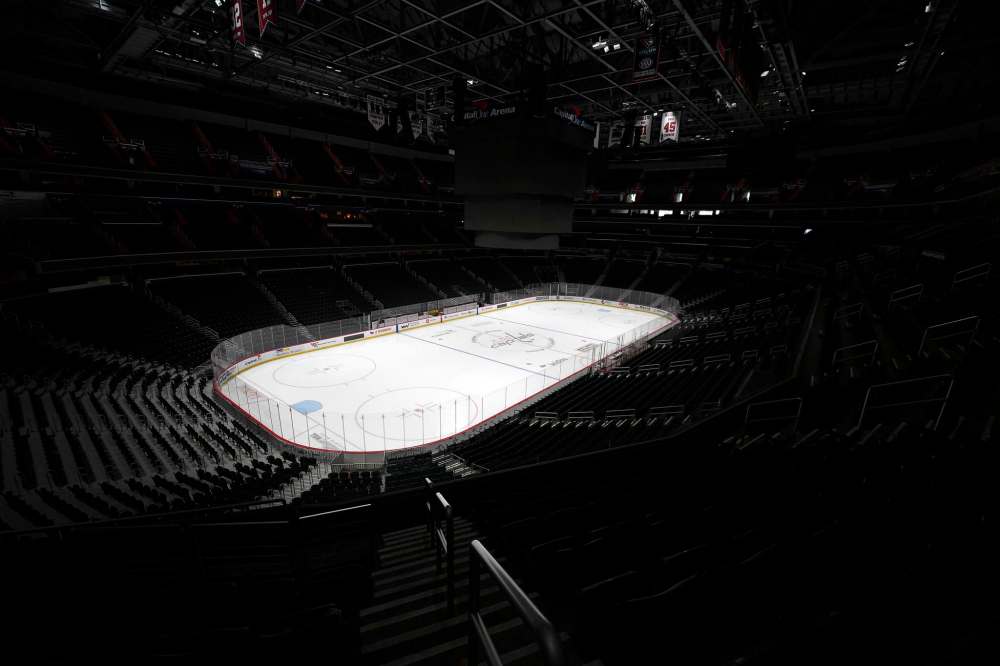
This is a good thing. What we have seen of COVID-19 has shown that reducing social contact is effective at flattening the curve of transmission. (There’s another concept that flew around the planet within hours.) That’s critical to conserve health care resources for those who need them.
There were other such public communication successes, both from health authorities and regular citizens.
One of my favourites started as a gag: someone, jumping on an old joke about humming the tune of Happy Birthday to time how long to wash your hands, developed washyourlyrics.com, a site where users plug in their favourite song lyrics, which are pasted onto a handwashing technique diagram taken from the UK’s National Health Service.
That site went viral immediately, seizing on the endless appetite for silly Internet stuff to spread a useful message. Days after I used the site to giggle as I punched in Woody Guthrie’s All You Fascists Bound to Lose, I realized I’d started washing my hands exactly like the instructions.
Meanwhile, information from the World Health Organization and other institutions has dispersed fast and widely. Media helped: some has been sensationalistic, but most has been diligent and grounded. It also found the good news, which is that some strategies to combat the virus’s spread are working.
China managed to slow and then reverse its skyrocketing rate of infections. So did South Korea. Taiwan has had remarkable success stamping out the virus’s spread, moving swiftly to expand public testing, circulate key health directives and support those in quarantine: as of Wednesday, it had recorded just 45 total cases.
On the flipside — and here come the lessons — the chaotic response in the United States shines a glaring light on a singular fact, which is that you simply cannot manage a public health crisis through a voraciously privatized system.
When the general public can’t afford to be tested, despite fitting the criteria; when health officials lament that they expected the private market to help a little sooner, as one U.S. official did; when public institutions have been so deteriorated that they lack the ability to direct adequate testing, that’s a problem.
So in the long run, once the crest of this wave has passed, we should take note of where we are most vulnerable to this and future pandemics. For now, in Canada in general, and Manitoba in particular, we are lucky: we have had the benefit of time to observe how harder-hit regions responded, and learn how to prepare and adapt.
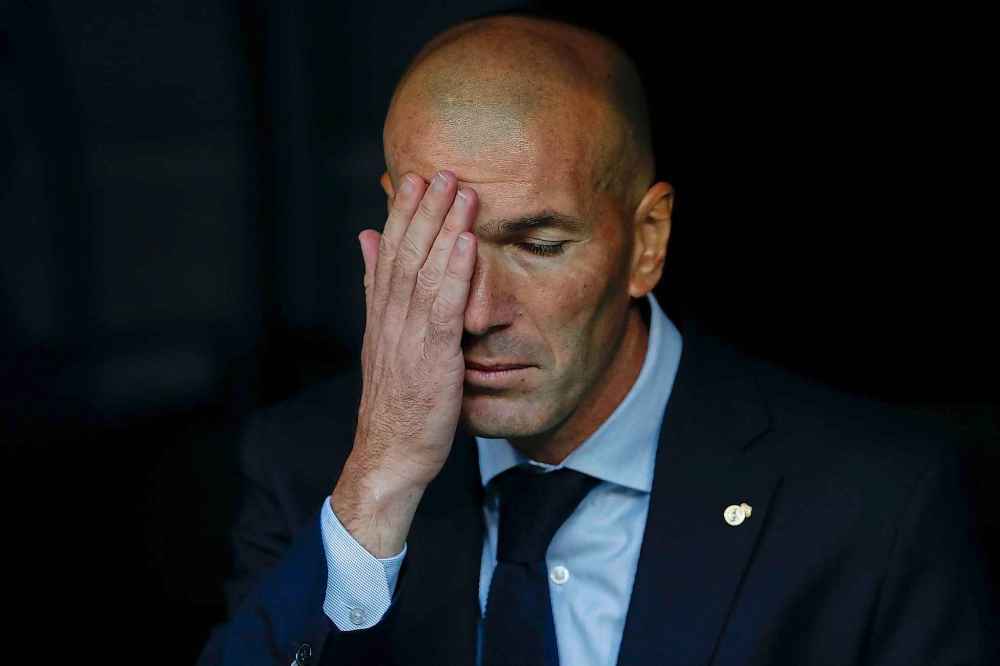
What can we do? Above all, listen to public health authorities, and share their information. For the rest of us, those who aren’t experts or useful in any particular way at managing this critical juncture, there are things we can do to make muddling through a little easier.
Wash your hands, of course. Stop touching your face (easier said than done). But also, take time to build your own support networks, and try to ensure that they connect the most vulnerable people you know. Check in with seniors who are at extra risk, both from the virus but also from isolation.
Economic repercussions will soon hit hard. Many families will find themselves in difficult positions. If you have resources to spare, take a moment to think about how you can help others get through what could be coming. Government is needed here, but people are the first-line responders to each other.
Above all, remember this: it’s going to be weird to watch all of this unfold. It’s surreal and unsettling, and for quite awhile everything is going to feel anxious and strange, but it is not the end of the world. We can pass this test; we can end this chapter with our faces turned towards the sun.
Take care of yourselves, and each other. We are going to be OK.
melissa.martin@freepress.mb.ca
Our newsroom depends on a growing audience of readers to power our journalism. If you are not a paid reader, please consider becoming a subscriber.
Our newsroom depends on its audience of readers to power our journalism. Thank you for your support.




